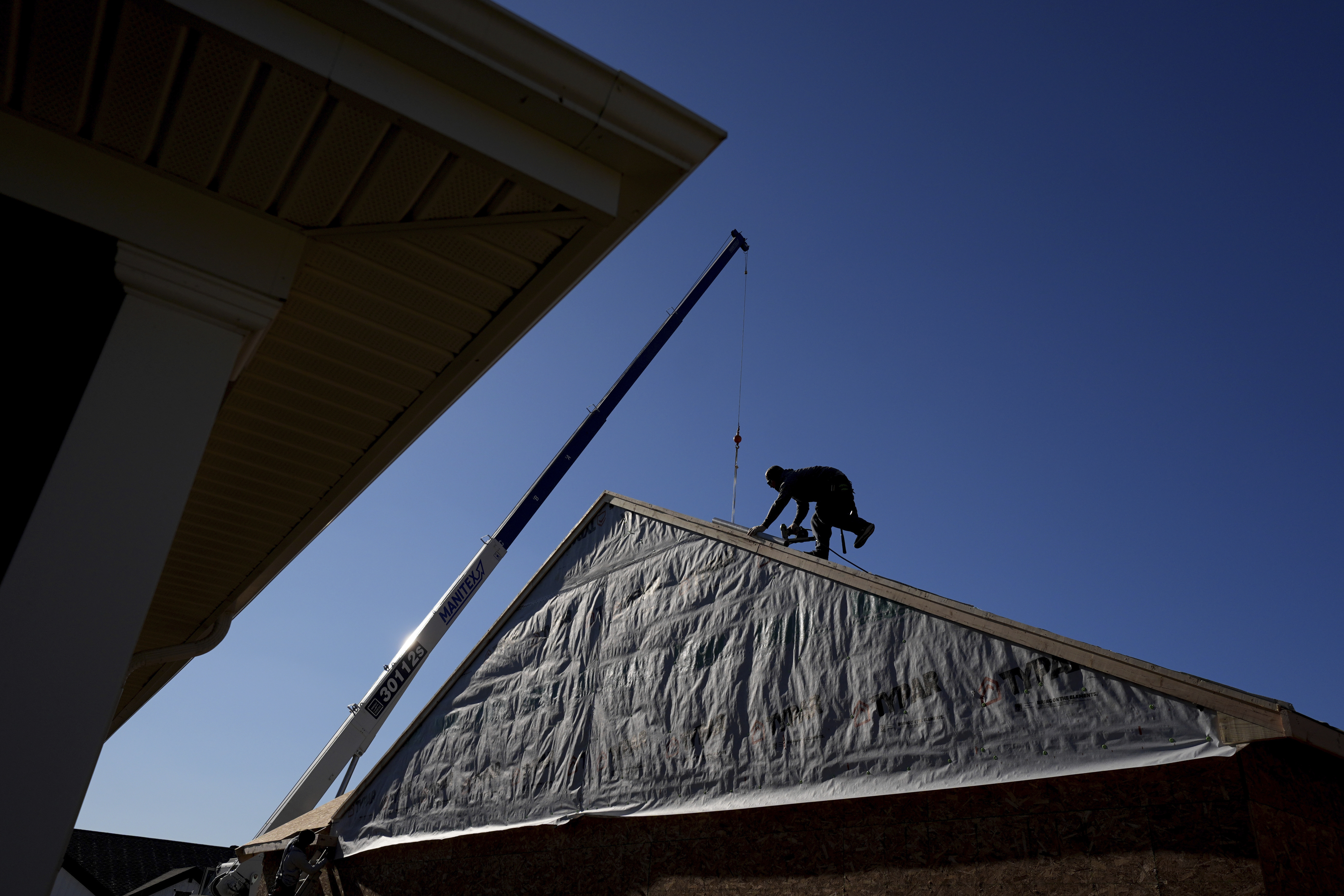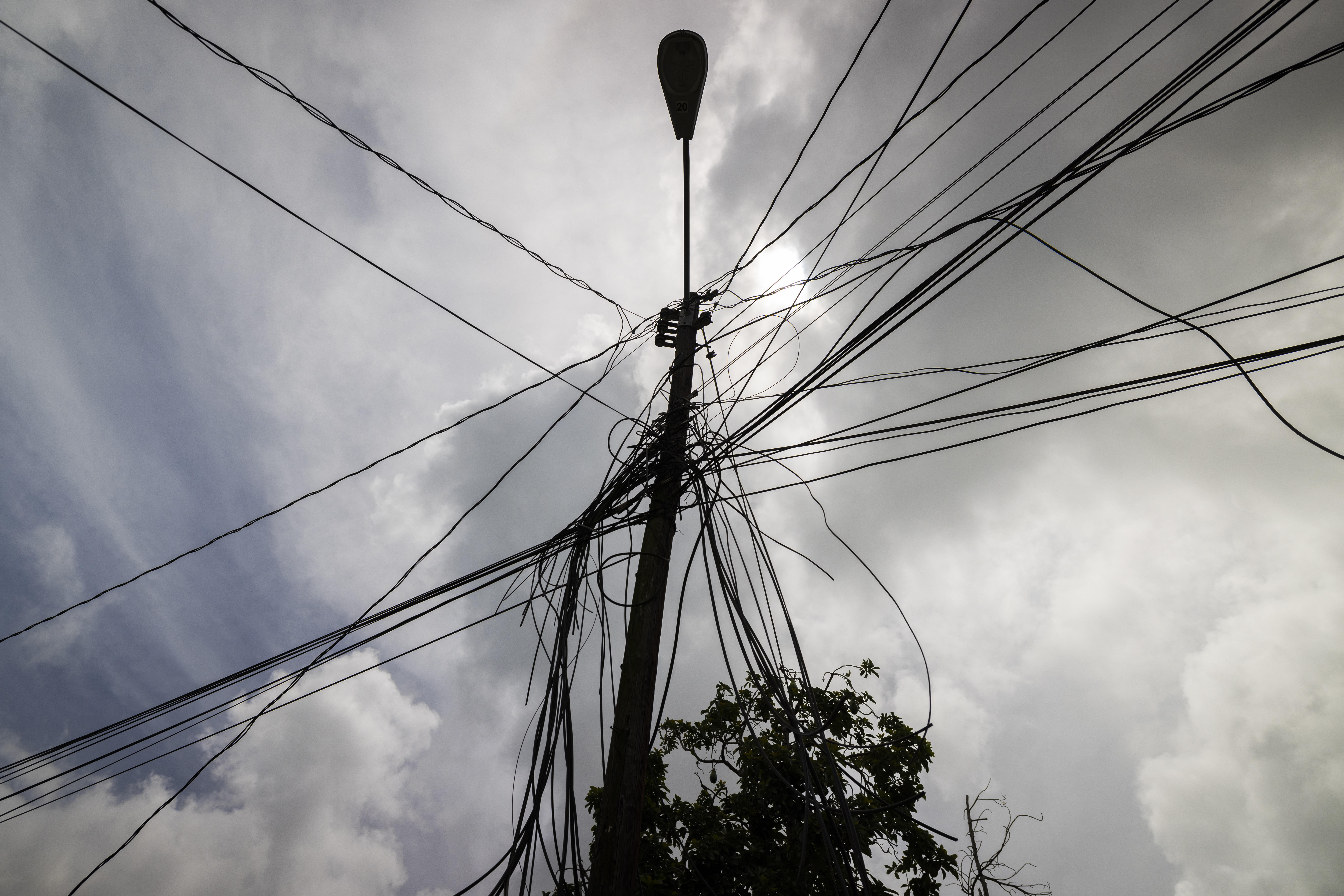CAMDEN COUNTY, N.C. (WAVY) — Dirty Sock Syndrome is an HVAC industry term describing the smell put out when a system’s heating mode is turned to AC, producing foul smells.
A Camden County, North Carolina, family called 10 On Your Side about their experience with it.
Sharon Felton, her husband and their parrots have lived with Dirty Sock Syndrome for about five years.
The smell is believed caused by the buildup of mold and bacteria in the evaporator coil inside the heat pump.
10 On Your Side was there when the fourth evaporator coil in five years was delivered to the Felton home. That coil transfers or removes heat from the air that makes it cool. When the heat mixes with dust and moisture, that can create the nasty smells likened to dirty socks.
“It is unreal, and if you have ever smelled it you would know it is that bad,” Sharon Felton said.
The smell is as bad as stinking dirty socks coming from Felton’s heat pump when switching from heat mode to defrost to AC.
“I just broke down in tears. I had to hand the phone to him [pointing to her husband], I was so upset about this, and I am so over this, and worrying about our health, worry about what our parrots are breathing in.”
The Feltons called 10 On Your Side and mold remediation expert Harry Cannon to the home.
“We have found if we don’t pay attention to the HVAC system, then the contaminated air continuously circulates,” Cannon told us before setting up air sample tests.
Also there was George & Co. service technician Jeff Wines, who has had Dirty Sock Syndrome in his own home.
He was bringing into the Felton home the fourth evaporator coil in about five years.
“It is an epoxy coated on the coil, and essentially it prevents the mold and the bacteria, the mildew whatever they’ve determined causes Dirty Sock, it is suppose to prevent this.”
The problem is none of the new coils have solved the problem.
“It is embarrassing. We show up to a house, and they have this smell. I can start by cleaning the coils. Maybe it is something on the coil,” Wines adds.
Wines and his crew also installed a UV light that cuts down the mold inside the air handler, which Felton says has helped, but the problem has gone on too long.
“It is very frustrating to have a problem, a known problem, and not be offered solid information on how to prevent it,” Wines said.
10 On Your Side wanted to smell dirty socks in the air, so they turned on the heat, switched to AC and we waited, and waited, but the circumstances weren’t right to have the Dirty Sock Syndrome in the air.
Wines added, “the customer here is experiencing the dirty sock smell, and no one can explain why.”
According to industry research, the mold and bacteria that apparently help create the smell are not deadly.
However, if you have allergies, or asthma, that can complicate your reaction to the Dirty Sock Syndrome.


























































